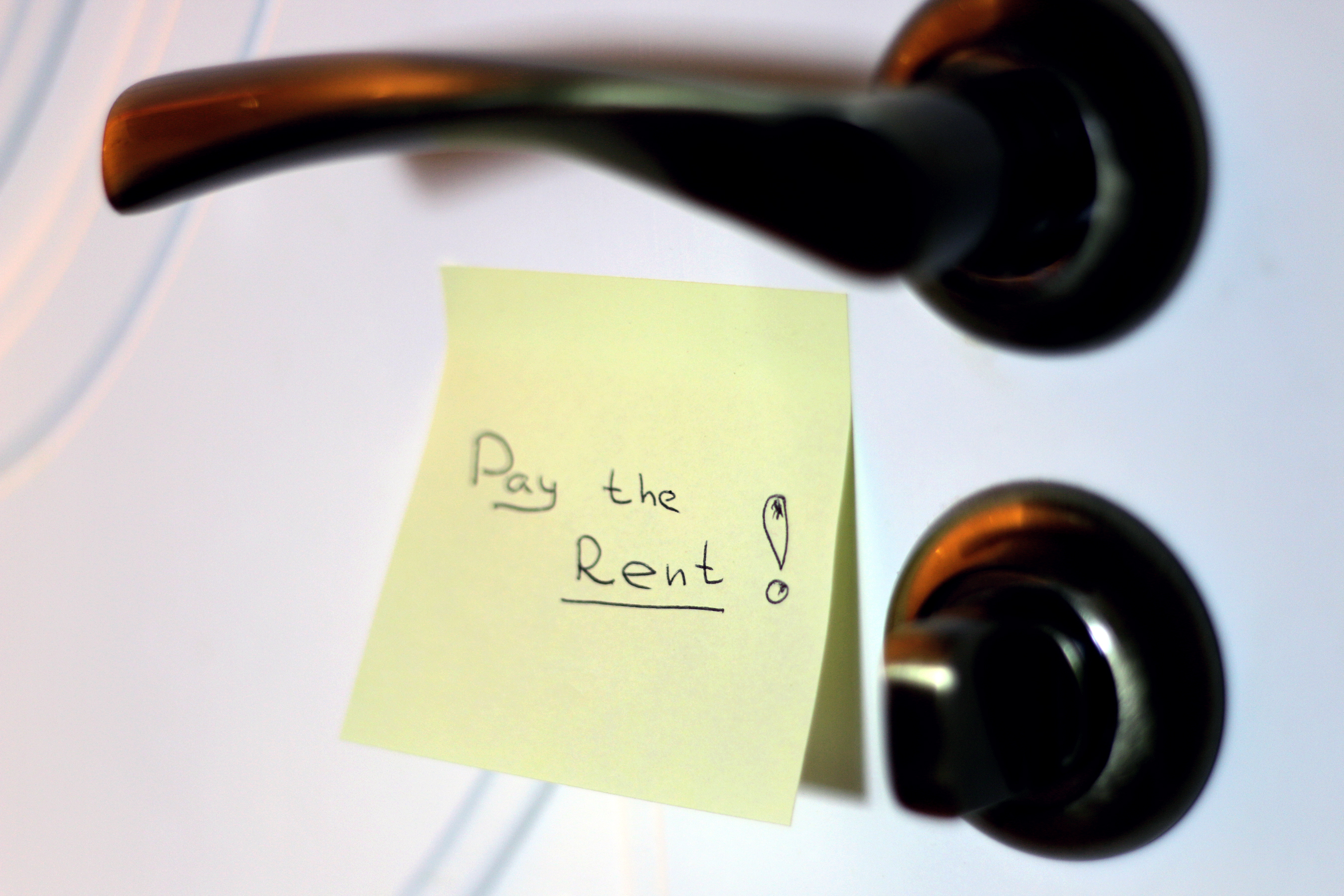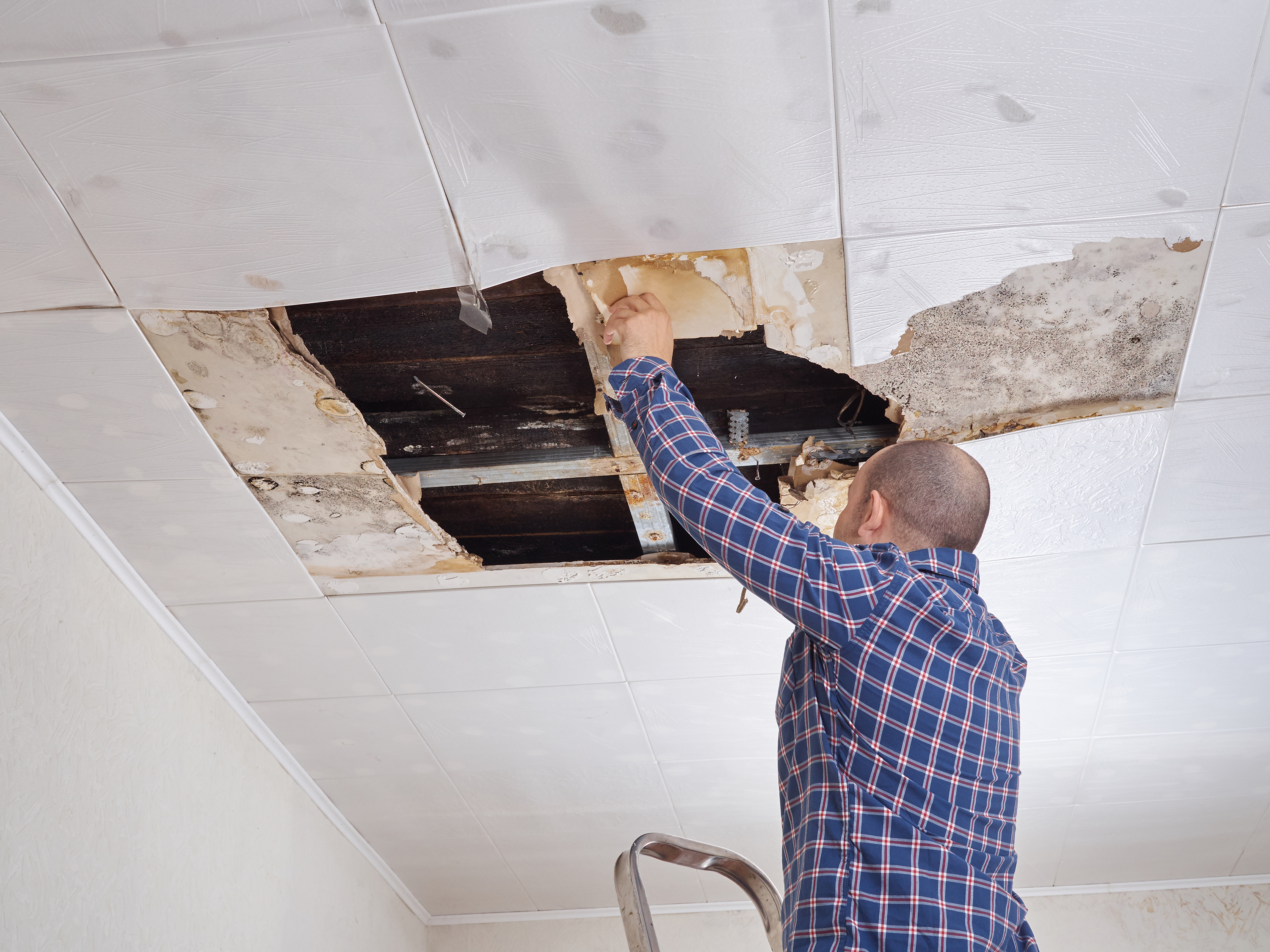
The current state of the national and local economy will likely lead to increased nonpayment of monthly charges by owners of cooperative and condominium apartments. The loss of income can affect the financial stability of a cooperative or condominium and, at least in the short run, the costs of unpaid maintenance or common charges must be borne by other owners. Therefore, it is important that boards have and enforce a clear policy as to payment arrears. The procedures and effectiveness of legal remedies for nonpayment differ substantially as between cooperatives and condominiums. Cooperative apartment owners are tenants for collection purposes,… Read more







